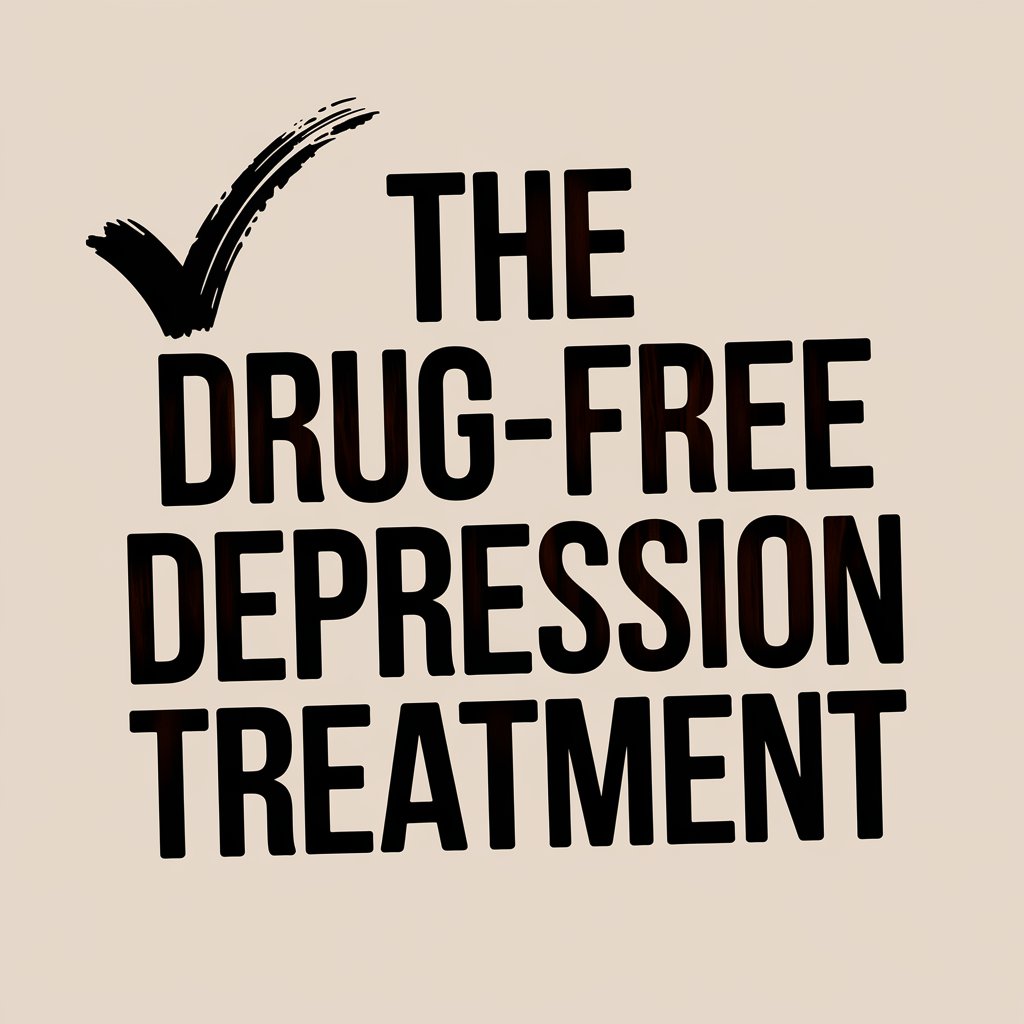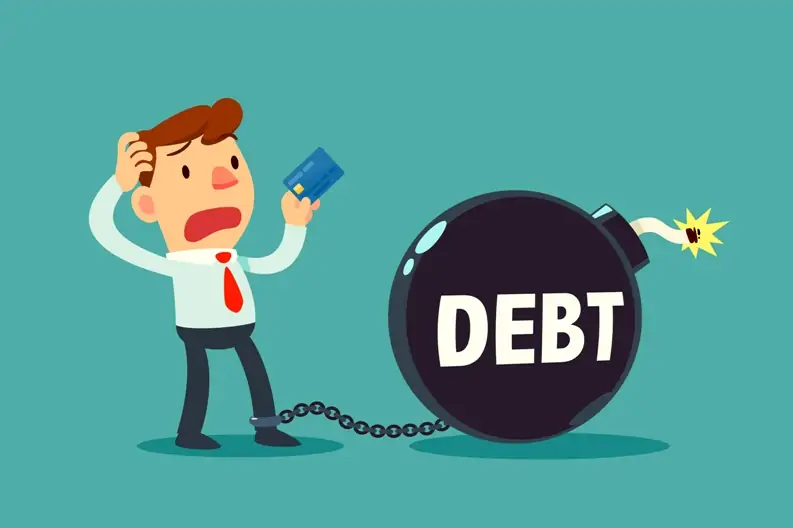According to the World Health Organization (WHO), more than 280 million people across the globe suffer from depression. While no one can control the onset of depression and its symptoms, early diagnosis and effective treatment could significantly reduce the number of cases. With advanced treatments such as repetitive Transcranial Magnetic Stimulation (rTMS) at our disposal, no one should suffer from life-altering depression. In this article, we’re going to take a look at some of the early signs of depression, as well as the effectiveness of alternative treatments like rTMS, and whether a full recovery is possible.
The onset of depression: Causes and recognition
Most people now recognise depression as a mental health condition, and have a basic understanding of its symptoms. But it’s still important for everyone to try to learn more about this illness, and the devastating impact it can have on people’s lives. That way, we can more easily recognise the early signs of depression,and seek help when needed.
While feeling sad is fairly common, when someone feels sad for extended periods of time, then it can sometimes be a sign of depression. In fact a persistent low mood, in combination with other symptoms such as low energy, low motivation, and low confidence, is often one of the most common markers of depression. But what can we do to treat these symptoms, and how can we help others struggling with this condition? Let’s start by understanding some of the most common causes of depression – according to medical experts.
Genetics and brain chemistry
When it comes to mental illnesses, genetics can sometimes be a factor. In fact, research has shown that depression can run in families, and that you’re more likely to experience depression if a close family member has also previously been diagnosed with depression, bipolar or alcoholism in the past. Brain chemistry can also be a factor. For many people, improper functioning of neurotransmitters (naturally occurring chemicals in the brain) can often impair the brain’s ability to stabilise mood, which may lead to depression.
Medication
Another potential cause of depression is medication. While it is true that medicines are meant to help the body ward off infections and fight diseases, at the end of the day, are still drugs that come with side effects. For example, the prolonged use of pain medications, high blood pressure medicines, birth control pills, or hormone therapy has been shown to increase the risk of developing depression.
Environmental factors
Our environment also plays a crucial role in determining our mental wellbeing. Stressful and hectic lifestyles often result in feelings of low mood, which may have a negative effect on our mental and physical health. Poor work-life balance, improper diet, limited sleep, exposure to neglect or abuse, and major life events such as unemployment or bereavement, can all trigger depression.
While there may be many reasons for your depression, knowing and understanding its symptoms can help ensure early intervention. Some of the most common signs of depression are:
- Feelings of sadness and tearfulness for a prolonged period of time
- Feelings of irritability
- Low self-confidence
- Low self-esteem
- Lack of motivation
- Lack of energy
- Low sex drive
- Poor sleep quality
- Thoughts of suicide or self-harm
If you or someone you know is experiencing any of the symptoms mentioned above, and has not been feeling like themselves lately, then it’s important to contact a healthcare professional. There are a wide range of traditional prescription medication available for treating depression in the UK. Thanks to medical advancements, there are also many alternative treatment options for depression, with rTMS leading the way.
What is rTMS? Is it really effective?
You may have already come across rTMS on the internet once or twice, but what exactly does rTMS involve, and how can it help with depression? Let’s take a look.
Repetitive Transcranial Magnetic Stimulation or rTMS, is a non-invasive drug-free approach to treating depression. It uses an electromagnetic coil to stimulate activity in different parts of the brain that govern mood, also known as the dorso-lateral prefrontal cortex. This stimulation helps to regulate electrical activity between nerve cells, which helps alleviate depression symptoms. And sure, we understand that many people may have their reservations about this treatment method. However, it is important to know that rTMS treatment has less side effects than traditional medicines, making it a much safer treatment option. But is it effective?
To put things in perspective, rTMS is not a new medical practice and is already widely used in many countries, like the US. For those who feel that rTMS is still in its experimental phases, it’s important to note that the UK’s National Institute of Health and Care Excellence (NICE) has approved rTMS as a medical practice, following positive feedback from patients. Many rTMS patients have reported improvements in their mental health following treatment. Some studies have also shown that rTMS has relieved depression symptoms after just five weeks of treatment, with health benefits continuing after regular top-up sessions.
Even though rTMS has been shown to have many advantages over other common antidepressants, some people may still question – what is the truth behind rTMS? How can it be so effective? The truth is that this technique uses short controlled bursts of stimulation, which make it much less harmful than ECT (Electroconvulsive Therapy), which some people fear. In fact, rTMS only has a few short-term side effects such headaches, tingling sensations, and some mild discomfort. As such, rTMS is considered to be a safe and effective treatment for depression.
Your mental health is important
In this ever-changing world, it can be hard to keep up. We often have to deal with things that add stress to our daily routines, putting pressure on our mental health, and triggering depression. We also sometimes experience life-changing events that can lead to trauma, grief, and in some cases, depression. It’s important to be aware of potential mental health conditions, so that we can identify depression in its early stages, both in ourselves and in others. It’s important to know when to seek help from medical professionals, so that we can get help when needed. And there are many safe and effective treatment options available, including rTMS, that can support recovery.





